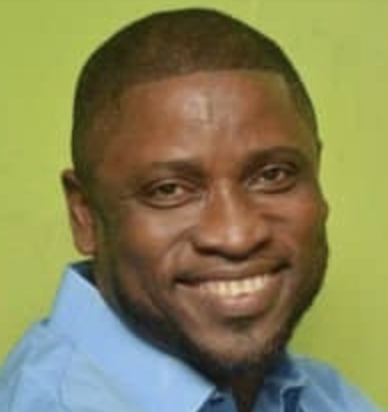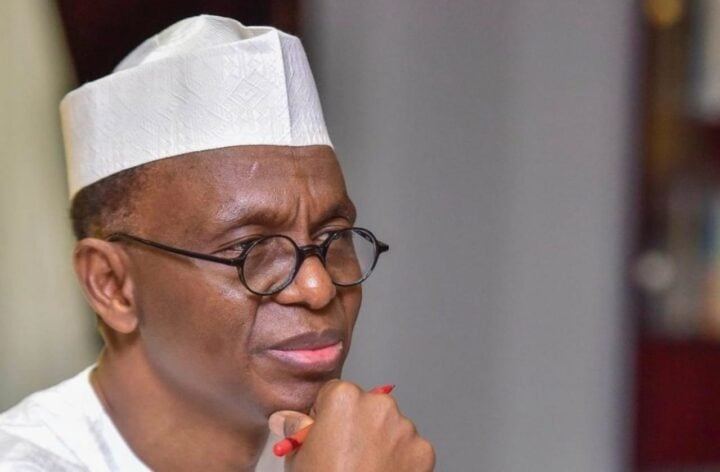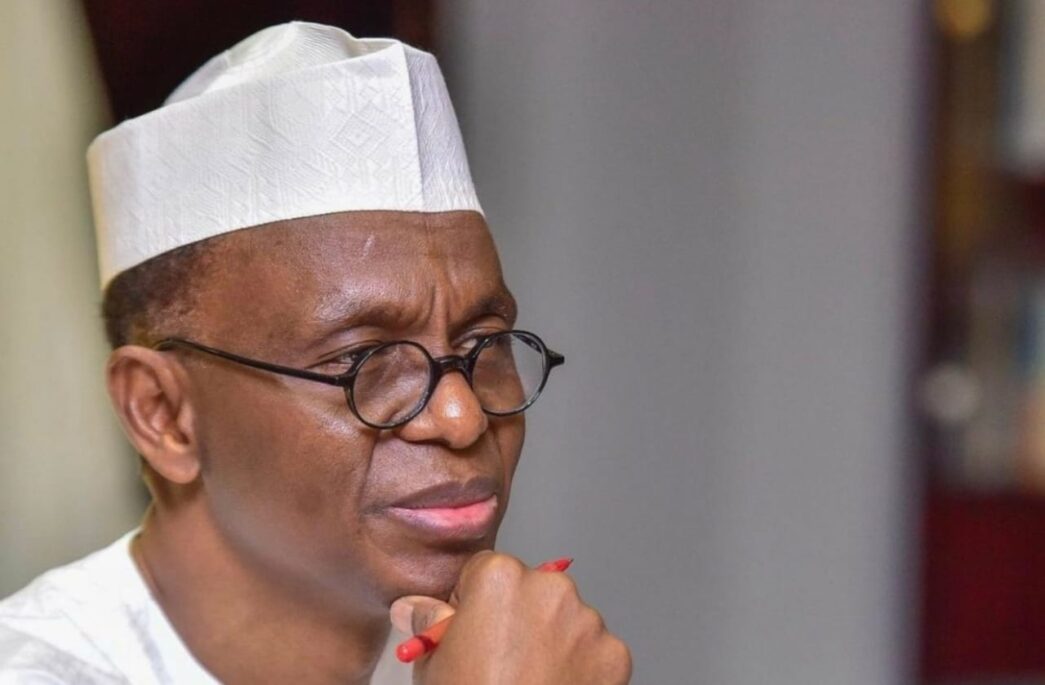Nasir Ahmad el-Rufai, the political gadfly who broke from the ruling All Progressives Congress (APC) to become a vocal critic of the Tinubu administration, seems uncharacteristically distant these days, and the question many are asking is: Where is el-Rufai? Only recently, he was on television media rounds, selling opposition credentials and brutally critiquing the very government he helped install and of which he was a major protagonist during the administration of the late President Buhari. At the time, he spoke about preventing President Tinubu from re-election in 2027, and he came across as someone preparing for a major political shakedown.
At the time, many Nigerians believed he had the pedigree to go head-to-head with President Tinubu, a man credited with winning many political battles, earning him the Lion of Bourdillon moniker. Or doesn’t he? But of late, el-Rufai’s public interventions are fewer. Now most of his engagements are often through his social media accounts, where he retweets critiques of this government or posts commentaries that align with his politics-rather than his personal views or scathing arguments. Is el-Rufai’s disappearance from the public a change of strategy or a recalibration of expectations?
To further gain an understanding of the shift, we must look at the major turning point in his relationship with the current government. In March 2025, el-Rufai formally left the APC- the party he was a major contributor. In a well-televised broadcast, he criticised the APC and said his values are no longer in tandem with the current trajectory of the party. He publicly accused the APC leadership of abandoning the progressive ideals on which the party was established, and lamented that party structures have been marginalised and all appointments now populated by the President’s so-called ‘Lagos Boys’. He then announced his defection to the Social Democratic Party (SDP), stating that he intended to build a “unified democratic platform” to challenge the APC in 2027.
But the defection, which came with a lot of fanfare, does not seem to have yielded the results many Nigerians had expected. No sooner was the announcement made than political infighting broke out within the party as allegations of usurpation by old members emerged. By May 2025, reports had emerged that these infightings at the national and state chapters had threatened efforts to build the party into a major opposition.
Advertisement
Political watchers have noted that the lull in opposition momentum is due to regional stalwarts not responding to overtures and that the coalition lacked a real presence in some of the critical geopolitical zones across the country. Some have also attributed this to the enduring shadow of Tinubu: historically, SDP is linked to him, and many still see the party through that prism.
Then came another blow. In July 2025, the SDP expelled el-Rufai. The party accused him of manipulating membership registration and acting outside of the party’s constitution, particularly in relation to merger talks with the new coalition, the African Democratic Congress (ADC). The irony is too glaring to see: a man who once exited APC to build an “independent, godfather-free” structure now finds himself ostracised by the party he claimed was his platform for a broad-based opposition.
On the home front, el-Rufai’s former party responded rather dismissively. The Kaduna APC, for instance, in a statement said the party is “unfazed” by his exit. Meanwhile, other APC loyalists accuse el-Rufai of inordinate ambition, framing his efforts not as principled but as opportunistic scheming masquerading as motivated by common good.
Advertisement
Given the tsunami currently sweeping the opposition in the race to the 2027 election. Is el-Rufai really missing, or is he politically wounded? Is his withdrawal from public prominence less of a retreat than a response to a series of personal political setbacks occasioned by recent defections by high-profile politicians, notably the governors in what could be termed as opposition betrayal?
Or could it be a defection that failed to deliver the unified opposition he envisioned, institutional pushback from his new party, and scepticism from both former allies and political adversaries? But perhaps the deeper truth is more disquieting. As the 2027 elections loom, the mass defection of other opposition governors into the APC raises a thorny question: has el-Rufai misread the real balance of power? Has he underestimated Tinubu’s strength, or overestimated his own capacity to build a viable counterweight? His early warnings of a second-term campaign for Tinubu were bold — but now, with the opposition fraying, his prophetic voice rings hollow.
Another, more cynical reading might well be that he has seen the handwriting on the wall. By aligning himself with a marginal party, only to be expelled months later, el-Rufai may be learning, painfully, that in Nigerian elite politics, defiance is less rewarded than it is neutralised. In a system where defection is common and loyalties shift like sand, perhaps his strategy lacked a firm foundation — or underestimated the entrenched resilience of the ruling party.
So, where is el-Rufai today? The former FCT minister seems to be in the space between ambition and isolation, trying to fight from the margins, but finding himself marginalised. He is out of APC–but expelled from SDP in his own state. The ADC merger momentum he hoped would be the broad coalition to make Tinubu a one-term president seems to have slowed. The unveiling of its office in Abuja earlier in the week did not gather the much-needed attention. El-Rufai is in the national limelight, but his microphone is quieter. The man who once threatened to lead a coalition of reformers seems, for now, to be paying the price of political overreach.
Advertisement
And so I ask: was el-Rufai’s earlier posture more about spectacle than substance? Was he ever capable of building a broad-based opposition, or was it just personal ambition? As Nigerians watch and wait for the 2027 election, el-Rufai’s absence is more than symbolic; it may be a signal. Not just of a man who miscalculated, but of how fragile opposition politics really is when faced with the full machinery of incumbent power.
Where is el-Rufai? He’s still around. But the momentum he promised is fading — and with it, perhaps, the dream of a serious challenge to the President Tinubu-led APC in 2027.
Follow Bayo Olupohunda on X @BayoOlupohunda
Advertisement
Views expressed by contributors are strictly personal and not of TheCable.



